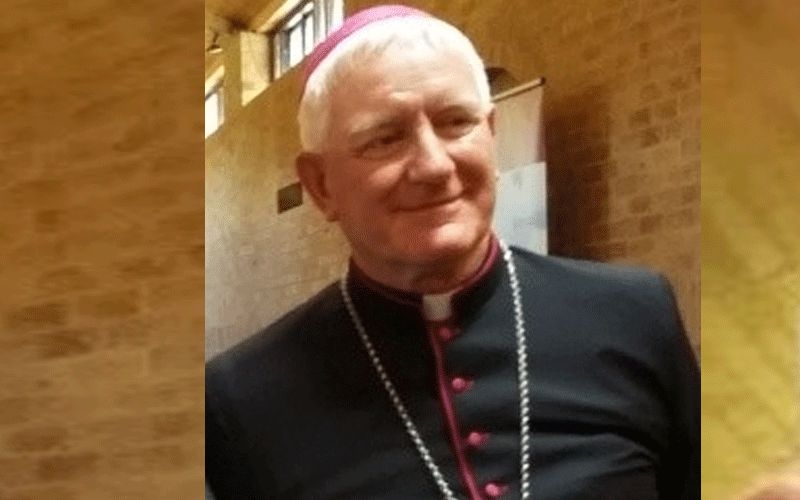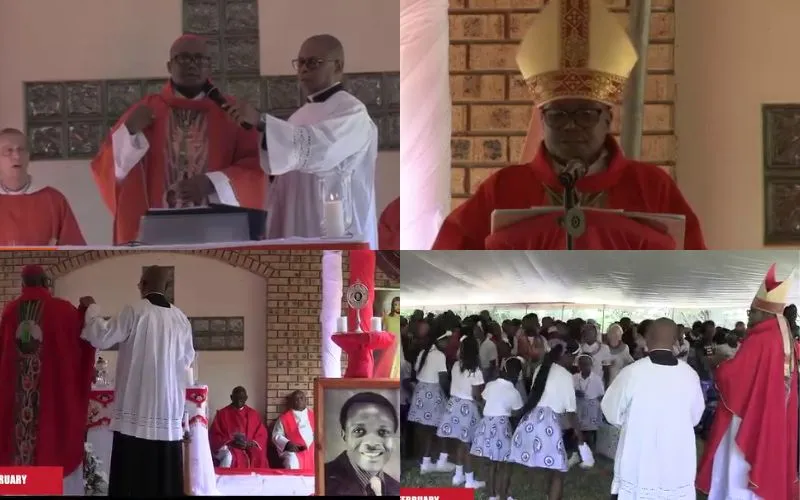At slightly over 2 million square kilometers, the diocese is the largest in Africa and arguably one of the largest dioceses in the world, only rivalled by the Catholic Diocese of Irkutsk in Russia, which measures 9.96 million square kilometers.
“We have about 50 missionaries, 12 priests and a small number of brothers and then the rest are religious sisters living in different religious communities with one or two individuals,” Bishop MacWilliams, a member of the Society of the Missionaries of Africa told ACI Africa in the February interview, adding that all the missionaries serving in the diocese are drawn from 20 different countries and none is a native of Algeria.
Most of the missionaries in his diocese, the 71-year-old Bishop disclosed, “are from congregations such as the Missionaries of Africa, Missionary Sisters of Our Lady of Africa, Franciscan Missionaries of Mary, and the Little Sisters and Little Brothers of Jesus.”
According to Bishop MacWilliams who has been a Bishop since May 2017, a majority of Catholics in Algeria consist of either students coming to study in universities in the North African country or immigrants either looking for employment or fleeing from violence in their home countries.
He says that compared to the north of Algeria which has been hit the hardest with most of the cases of COVID-19 (716 cases on April 1), cases in the south of Algeria are just over a dozen.
“In the south where I am there are a total of just 14 cases in six of the eleven departments, but the figure could well rise in the future,” says Bishop MacWilliams.
In an attempt to contain the spread of the virus, the country’s administration has ordered a midnight curfew in some places and a total lockdown in others, causing a disruption of the Church apostolate in the country, according to the English Prelate.
“In eleven of the forty-eight departments there is an overnight curfew and in one department, a total lockdown,” he says.
Hinting on the general situation in Algeria, as the country implements measures to curb the spread of COVID-19, Bishop MacWilliams says, “People are asked to stay at home as much as possible, and take all the necessary precautions such as social distancing, hand-washing. All schools and universities are closed and there is no public transport. Most shops are shut and even the food-markets are limited to essentials and service at the door rather than entering.”
He adds, “As far as the Church is concerned, all our caritative activities with schoolchildren and handicapped children as well as our libraries have had to stop and our fifty or so missionaries are applying the rules according to where they are.”








